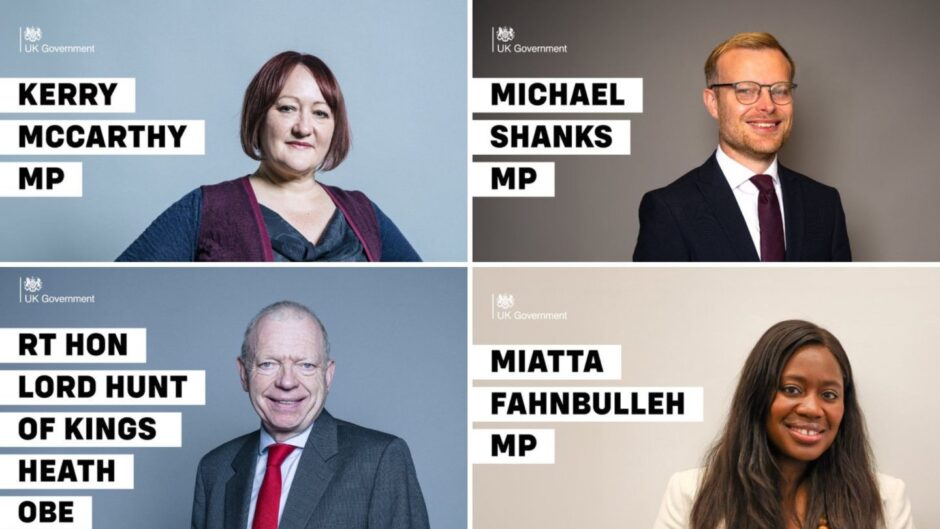
The new UK government has expanded its frontbench energy team with the addition of three MPs and a Labour peer.
Bristol East MP Kerry McCarthy, Rutherglen MP Michael Shanks and Peckham MP Miatta Fahnbulleh were each appointed as parliamentary under-secretary of state for the Department of Energy Security and Net Zero (DESNZ).
Meanwhile, Lord Philip Hunt will serve as a Minister of State within DESNZ.
They join energy secretary Ed Miliband and industry and decarbonisation minister Sarah Jones on Labour’s energy team, tasked with delivering on the party’s campaign pledges.
Alongside the expansion of Labour’s frontbench team, DESNZ also announced former Climate Change Committee head Chris Stark will take charge of the newly formed ‘Mission Control‘ focused on reducing emissions.
Energy Voice takes a look at the new additions to Labour’s frontbench energy team.
Kerry McCarthy
The former shadow minister for climate change first entered parliament as the MP for Bristol East in 2005.
Ms McCarthy has retained the seat since but suffered a 13.4% swing away from her in the most recent vote, largely towards the Green party candidate.
Born in Luton, Ms McCarthy worked as a solicitor in investment banking, including for Merril Lynch, before a period as the director of London Luton Airport between 1999 and 2003.
Ms McCarthy also served on Luton Borough Council between 1996 and 2003.
Entering the Labour shadow cabinet in 2010 under Ed Miliband, Ms McCarthy held shadow ministerial positions in treasury (2010-2011), foreign and commonwealth affairs (2011-2015).
After Jeremy Corbyn took on the Labour leadership, Ms McCarthy was appointed as shadow secretary of state for environment, food and rural affairs in 2015.
During her time as shadow environment secretary, Ms McCarthy, herself a vegan, received criticism from farmers for saying meat should be treated like tobacco.
After backing Keir Starmer in the 2020 Labour leadership race, Ms McCarthy took on the role of shadow green transport minister and later shadow climate change minister.
Michael Shanks
Mr Shanks first entered Westminster in October last year after winning the Rutherglen by-election ahead of the SNP, and retained the South Lanarkshire seat at the general election.
Prior to entering Westminster, Mr Shanks unsuccessfully contested the seat of Glasgow North West at the 2017 general election, and the seat of Glasgow Kelvin at the 2016 Holyrood election.
An avid runner, Mr Shanks has a degree in history and politics from the University of Glasgow and taught modern studies at Park Mains High School before entering parliament alongside volunteer work with several children’s charities.
Writing on X, Mr Shanks said it was an “enormous privilege” to be asked by Prime Minister Sir Keir Starmer to serve as energy minister and “work on our commitment to create GB Energy”.
“We campaigned on a plan for energy independence, green jobs and lowering bills and now we set about delivering it with Scotland at the centre,” he said.
With Labour pledging to base its publicly-owned GB Energy headquarters in Scotland, the appointment of Mr Shanks may point to Glasgow being the preferred location despite a majority of Scots backing Aberdeen according to a recent poll.
Miatta Fahnbulleh
Ms Fahnbulleh joins the Labour frontbench as a first-time MP after winning the newly recreated seat of Peckham with 58.8% of the vote.
Born in Liberia, Ms Fahnbulleh’s family came to the UK after fleeing a civil war in the West African country.
A former chief executive of the New Economics Foundation, she holds a PhD in economic development from the London School of Economics.
A member of the Labour Co-op movement, during the campaign Ms Fahnbulleh served as a senior economic advisor to Labour deputy leader Angela Rayner and incoming energy secretary Ed Miliband.
Ms Fahnbulleh has also previously held roles within the Cabinet Office at the Institute for Public Policy Research think tank.
A longstanding advocate for greater action on climate change, Ms Fahnbulleh has called for more investment in initiatives to cut emissions and in local industrial strategies to create green jobs in areas like retrofitting and renewable energy.
Lord Philip Hunt
Appointed to the House of Lords as a Labour peer in 1997, Lord Philip Hunt worked as a health administrator prior to entering parliament.
Lord Hunt served as a parliamentary under-secretary within the Department of Health from 1999 until 2003, then as minister of state in 2007.
He later served as a junior minister in the Ministry of Justice, before becoming Deputy Leader of the House of Lords and minister for sustainable development, climate change adaptation at air quality.
Chris Stark
Former chief executive of the Climate Change Committee (CCC) Chris Stark will take charge of the UK government’s newly announced Mission Control for Clean Power 2030.
Mr Stark resigned from the CCC in January after serving in the post from 2018, shortly after former PM Rishi Sunak watered down several climate policies.
After his resignation, Mr Stark was appointed as the chief executive officer of The Carbon Trust, as a fellow of the Royal Society of Edinburgh.
Prior to joining the CCC, Mr Stark held various roles within the Scottish Government’s energy department, most recently as the director of energy and climate change.
He has also worked as an honorary professor at the University of Glasgow’s Centre for Public Policy, and as a board member of the V&A Dundee.
Following his appointment to lead the new Mission Control body, Mr Stark said tackling the climate crisis and accelerating the energy transition is the biggest challenge facing the UK, and its “greatest opportunity”.
“By taking action now, we can put the UK at the forefront of the global race to net zero – driving down our carbon emissions but also cutting bills for households,” he said.
Labour energy priorities
The new Labour government has already moved to deliver several of its manifesto pledges on energy, establishing a National Wealth Fund and scrapping a de facto ban on onshore wind in England.
Now, energy secretary Ed Miliband and his newly formed frontbench energy team are set to turn their attention to other key priorities including establishing GB Energy and speeding up grid delays.
Recommended for you


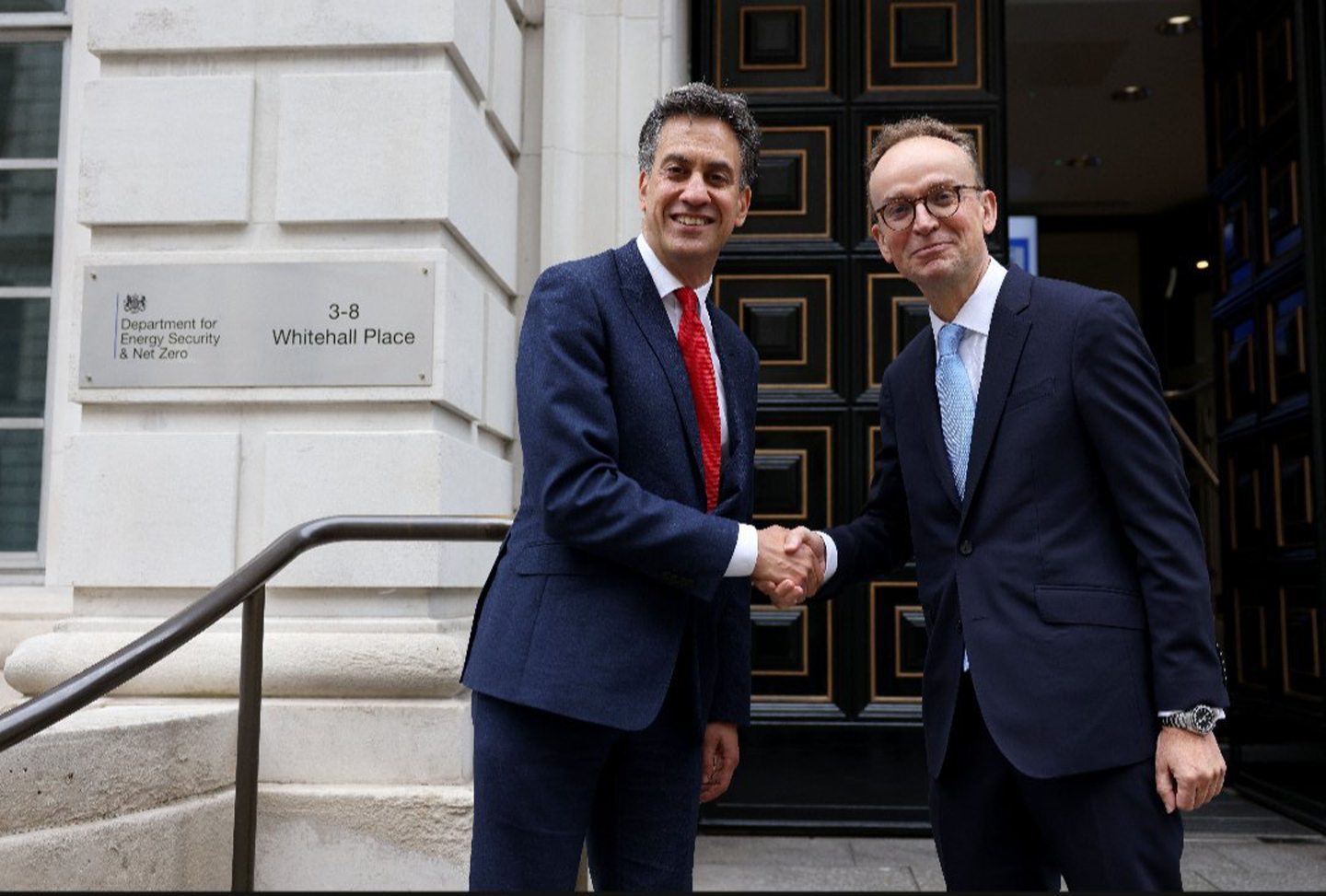 © Supplied by X/Ed Miliband
© Supplied by X/Ed Miliband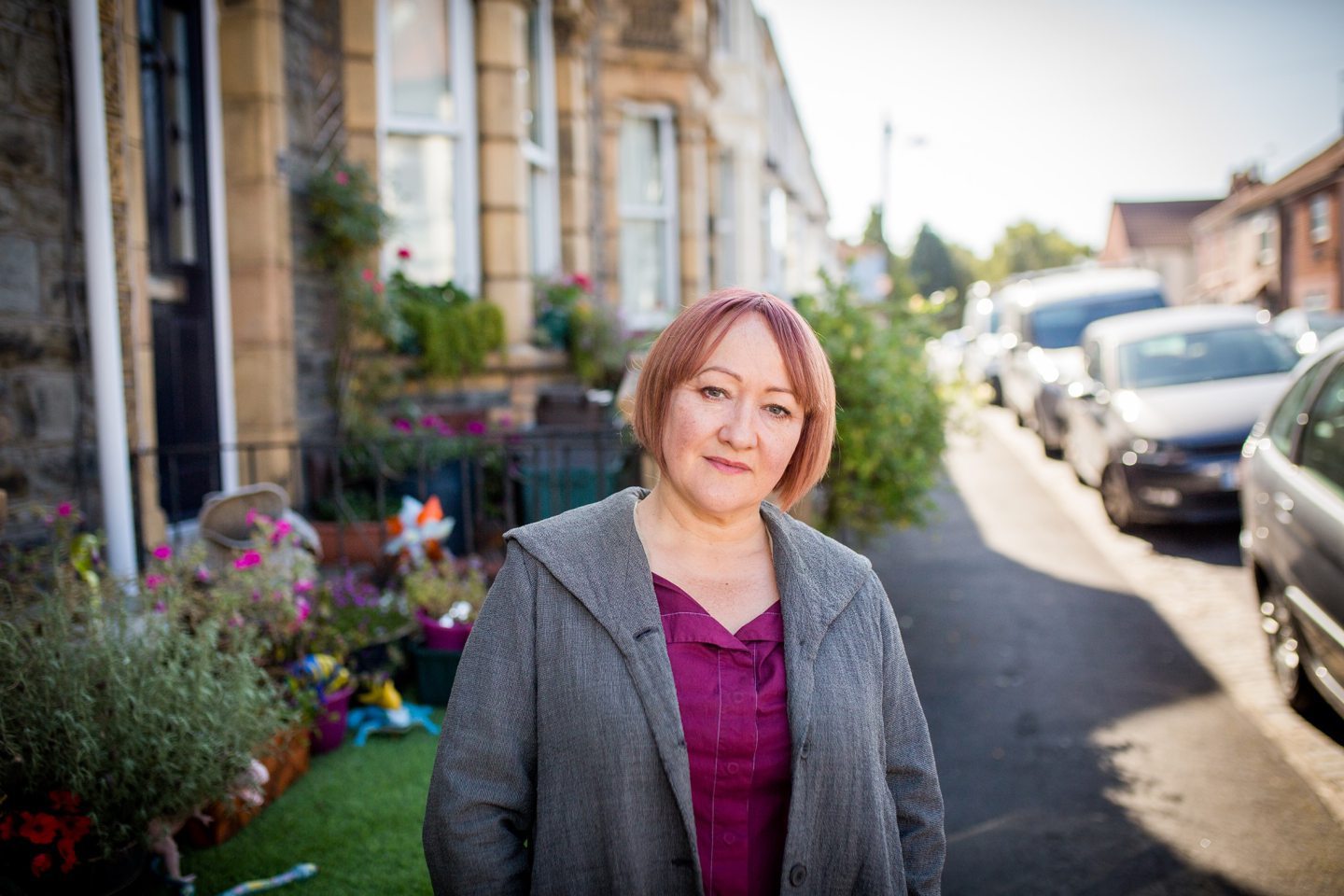 © Facebook
© Facebook © Supplied by Colin D Fisher
© Supplied by Colin D Fisher © Jonathan Hordle/Shutterstock
© Jonathan Hordle/Shutterstock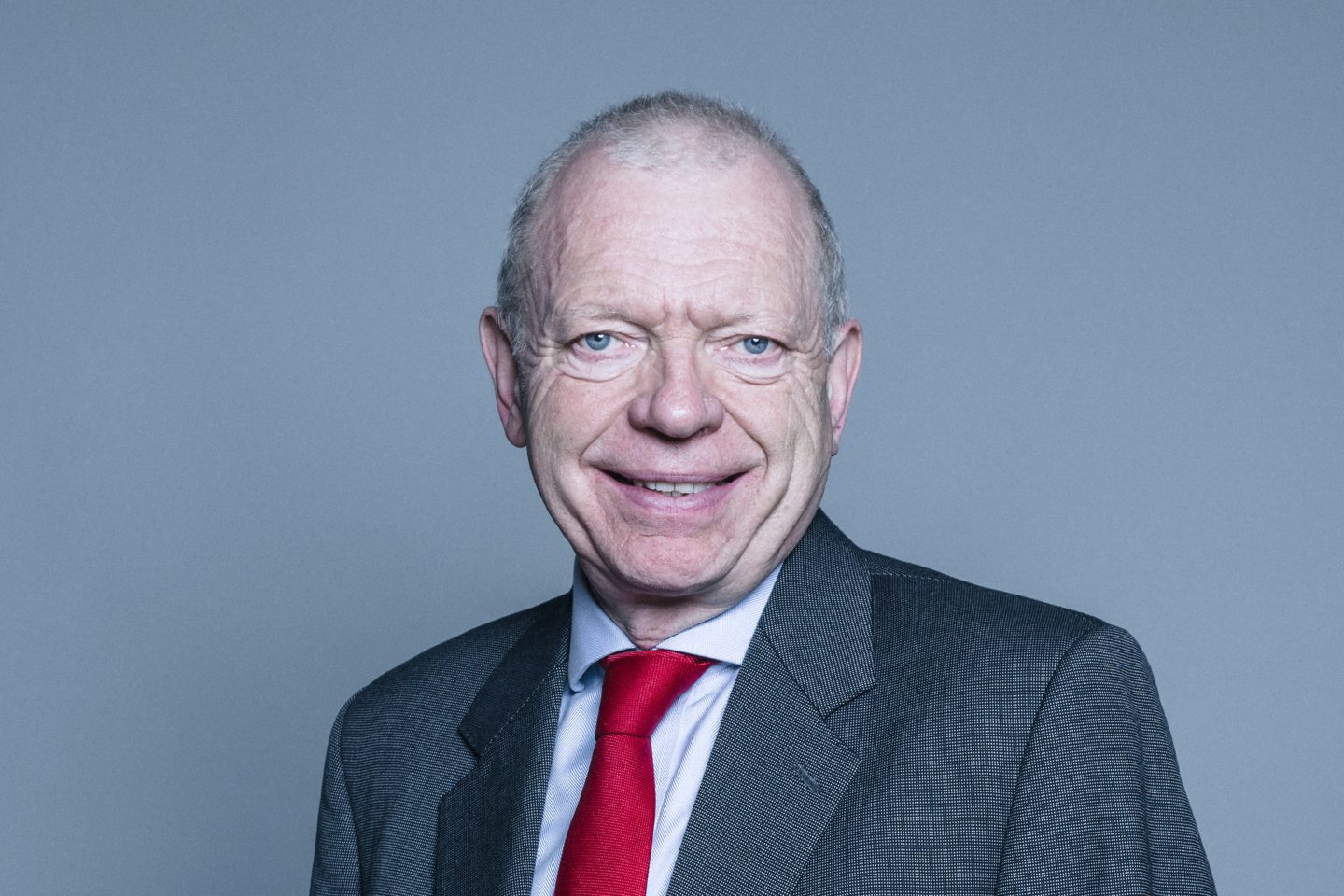 © Supplied by UK Parliament
© Supplied by UK Parliament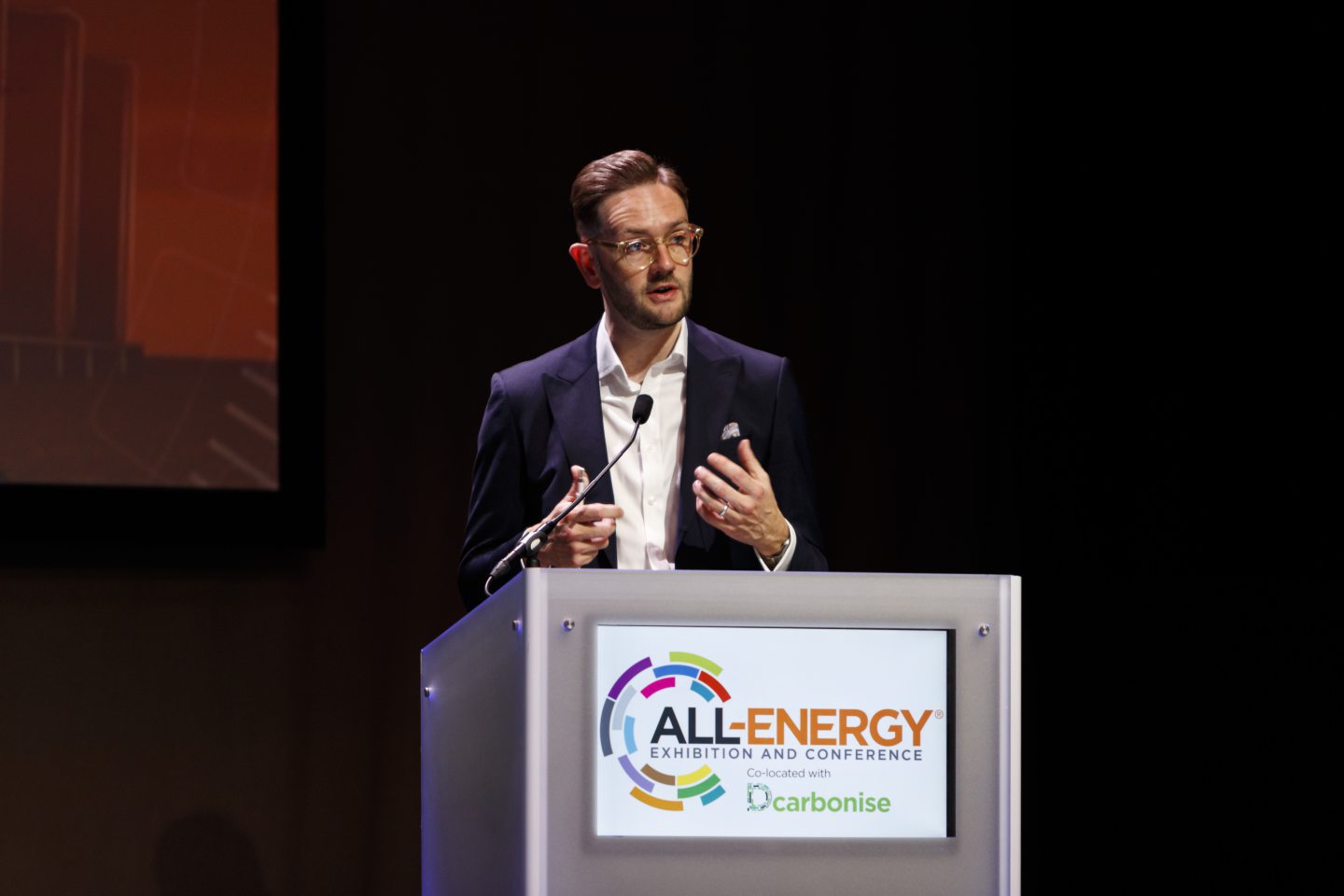 © Supplied by All-Energy
© Supplied by All-Energy